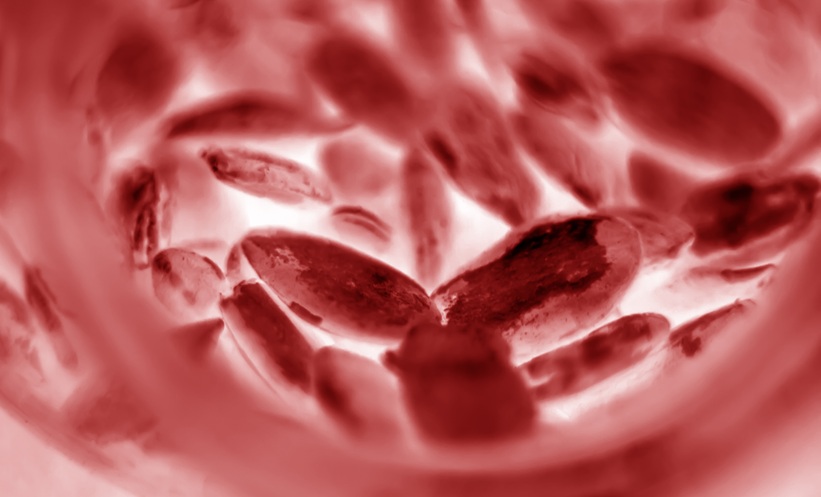A RECENT multi-centre, adaptive phase 2 trial has found that low-dose antithymocyte globulin (ATG) preserves β-cell function in children and young adults with recent-onset Type 1 diabetes (T1D), offering a potential disease-modifying therapy.
A Repurposed Therapy for Type 1 Diabetes
T1D remains a major clinical challenge, with no approved treatments capable of altering disease progression after diagnosis. ATG, an immunosuppressive therapy traditionally used in transplant medicine, has shown potential for modifying disease activity. The MELD-ATG trial sought to identify the minimum effective dose of ATG in patients aged 5–25 years who were recently diagnosed with Stage 3 clinical T1D. By targeting immune-mediated destruction of β-cells, ATG could help maintain endogenous insulin production; a key goal in early intervention strategies.
Adaptive Trial Finds Effective Low-dose ATG
The MELD-ATG study employed an adaptive, dose-ranging, placebo-controlled design across 14 centres in eight European countries. Participants (n=117) were randomised to receive placebo or one of several ATG doses (0.1, 0.5, 1.5, or 2.5 mg/kg). The trial identified both 2.5 mg/kg and 0.5 mg/kg ATG as effective in preserving C-peptide levels, a marker of β-cell function, over 12 months. Notably, the 0.5 mg/kg dose showed a statistically significant difference versus placebo (p=0.014), suggesting efficacy at lower immunosuppressive exposure. Higher doses (1.5 and 0.1 mg/kg) were dropped during the trial due to futility or poor risk–benefit profiles.
Malaria Vaccine Safety and Tolerability in Children
Although the highest ATG dose (2.5 mg/kg) provided the greatest effect on β-cell preservation (p=0.0028), it was also associated with high rates of adverse events, including cytokine release syndrome (33%) and serum sickness (82%). The 0.5 mg/kg group, by contrast, demonstrated a more favourable safety profile, with substantially fewer cases of cytokine release (24%) and serum sickness (32%). No deaths occurred, and all adverse events were manageable. These findings highlight the therapeutic window where efficacy and tolerability may be balanced for future trials or clinical use.
The MELD-ATG trial demonstrates that low-dose ATG could be a viable, disease-modifying therapy for T1D in young people. Further Phase 3 studies are needed to confirm long-term benefits and refine optimal dosing.
Reference
Mathieu C et al. Minimum effective low dose of antithymocyte globulin in people aged 5-25 years with recent-onset stage 3 type 1 diabetes (MELD-ATG): a phase 2,








